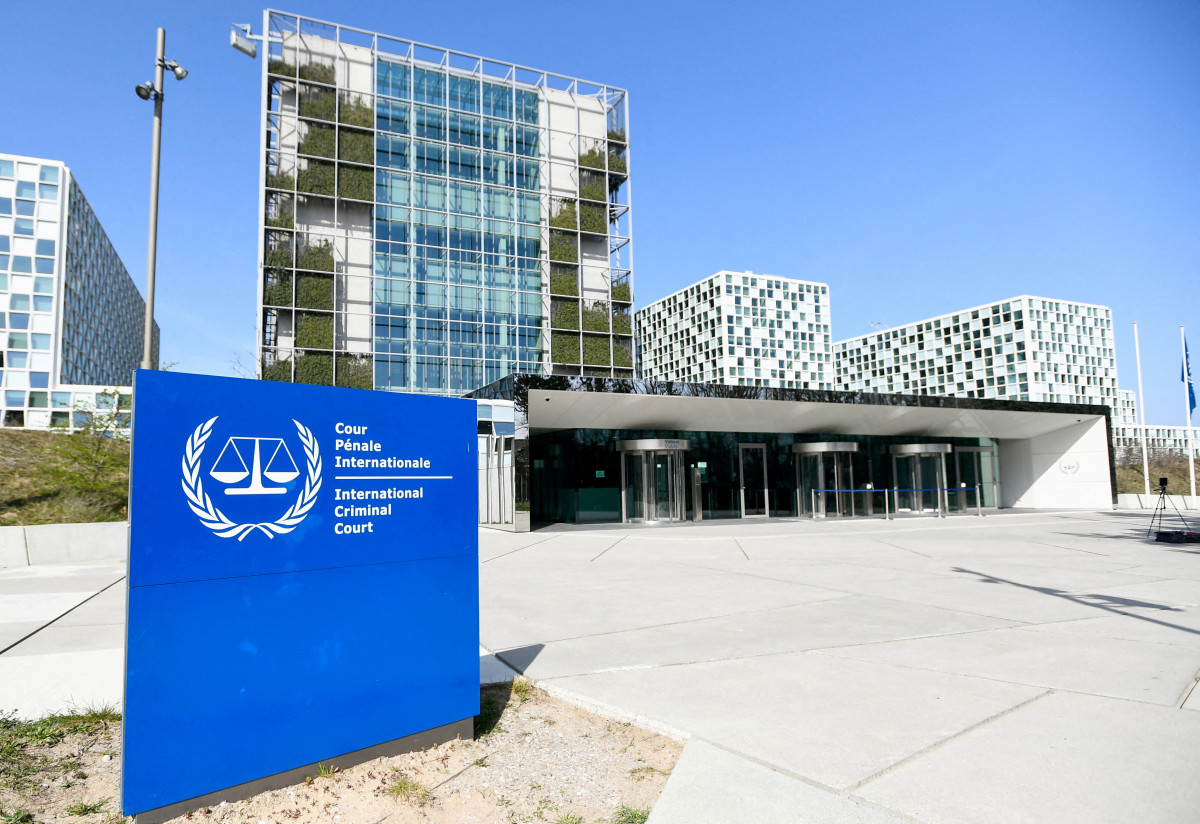The British government received information about the engineer, a Yemeni citizen, in December 2022. The engineer stayed in a village in northern Syria and was suspected of having devices that include details about the terrorist network or plans for a future attack. However, British officials feared that according to the European Convention on Human Rights (ECHR), it would not be possible to detain him or extradite him to Britain due to the lack of an extradition agreement with Syria and the fear of torture in that country. As a result, it was decided to eliminate him using a drone.
The case sparked a public debate about the impact of human rights laws on the fight against terrorism. Robert Genrick, a former candidate for the leadership of the Conservative Party, claimed that the laws force British elite units to “kill rather than arrest” terrorists.
The former defense minister, Ben Wallace, added that in similar cases he preferred a trial in the United Kingdom over liquidation, but emphasized the legal complexity that accompanies actions of this type.
